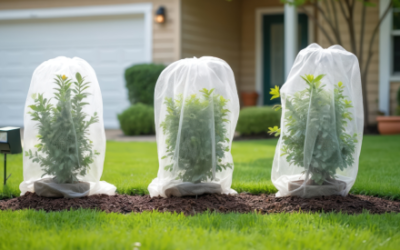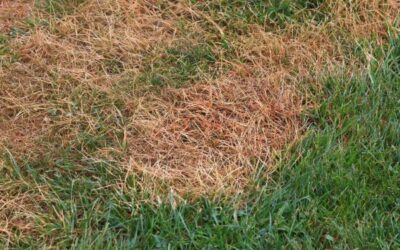Growing herbs is a fun and easy project with many benefits. Herbs have long been used for all kinds of purposes from preserving food, to fragrance, to healing various ailments. In medieval times, people even believed that scattering lavender around their homes would ward off disease. In our day and time, most people grow herbs for culinary purposes. Herbs are actually very easy to grow. Follow the simple steps below on how to plant an herb garden that will provide wonderful variety for your garden.
Choosing the Right Location
Each of the herbs you choose to plant will have their own individual needs you will need to research before starting. Some herbs tolerate shade, while others require full sun. Before you decide on which herbs to grow, it is important to be aware of how much sunlight your garden plot gets each day. Observe your garden spot to see whether it gets: full sun (about 8 hours of sunlight per day), partial sun (a combination of morning, afternoon, or evening sun), or no direct sunlight. You will then be able to pick herbs that will grow best in your garden. Herbs that thrive in full sun include thyme, echinacea, oregano, lavender, basil, and parsley . Herbs that prefer partial sun include mint, chives, lemon balm, and cilantro.
Space Requirements
An important factor to consider when planting an herb garden is how much space you will need. Some herbs grow fairly large and spread, so it is important to research the space requirements for the individual herbs you want to grow. If you plant herbs too close together, they will compete for nutrients, and diseases can easily be passed from one plant to the next. In contrast if you leave too much space between your herbs, you will limit the number of herbs you can put in the garden. If your available growing area is too small, consider growing your herbs in containers or pots instead. There are many container options from wooden window boxes to lovely ceramic pots.
Prepare the Soil
Once you have chosen the right spot for your herb garden, you will need to prepare the soil. The first thing to do is to mix some compost to the soil. Doing this will help provide the nutrients the herbs will need in order to grow. A rule of thumb with growing herbs is to not use any composted manures in your herb garden. These are typically high in nitrogen, which can reduce the flavor of your herbs.
Another factor to consider is that working soil too early can cause problems. If your soil is still wet from winter snowfall or spring rain, you can actually end up compacting the soil, which will make it difficult for plant roots to establish. You want to allow some air space between the soil particles, and wet soil can become heavy and clumped which will trap pockets of air round the roots and cause damage. You can loosen compacted soil by digging or tilling and make sure the first 6 – 8 inches is stirred up. This will allow water to penetrate the roots, and they will in turn grow deeper and spread wider.
Add Plants to Soil
The next step is to add your plants to the soil. Be sure to space your herbs about 18 inches apart to give them room to spread out and grow. Place taller herbs toward the back of the garden, and smaller ones towards the front. You can also add labels to your herbs for easy identification. Be sure to water your herb garden regularly. They should get an inch of water each week during the growing season.
Following these steps on how to plant an herb garden will lead to great success! An herb garden is easy to grow and maintain, and the benefits are innumerable. From having fresh herbs used for health benefits to culinary herbs that will enhance your cooking, planting an herb garden is a great project for any yard. Starting an herb garden is a simple process, and when following these steps, starting from seed, paying attention to ideal growing conditions, and keeping drained soil, you are sure to have a plentiful and beautiful herb garden. At Jack’s Lawn Care & Landscaping, we can help with any beautiful outdoor spaces you want to create in your yard. Contact us today for a free quote.



